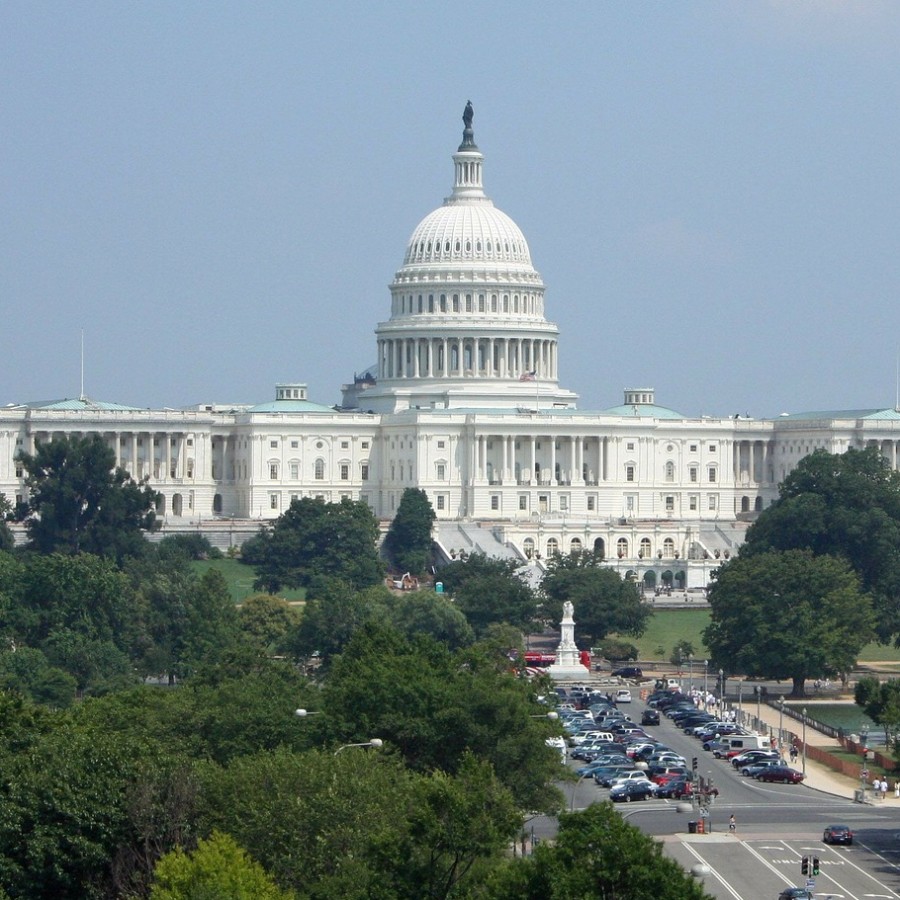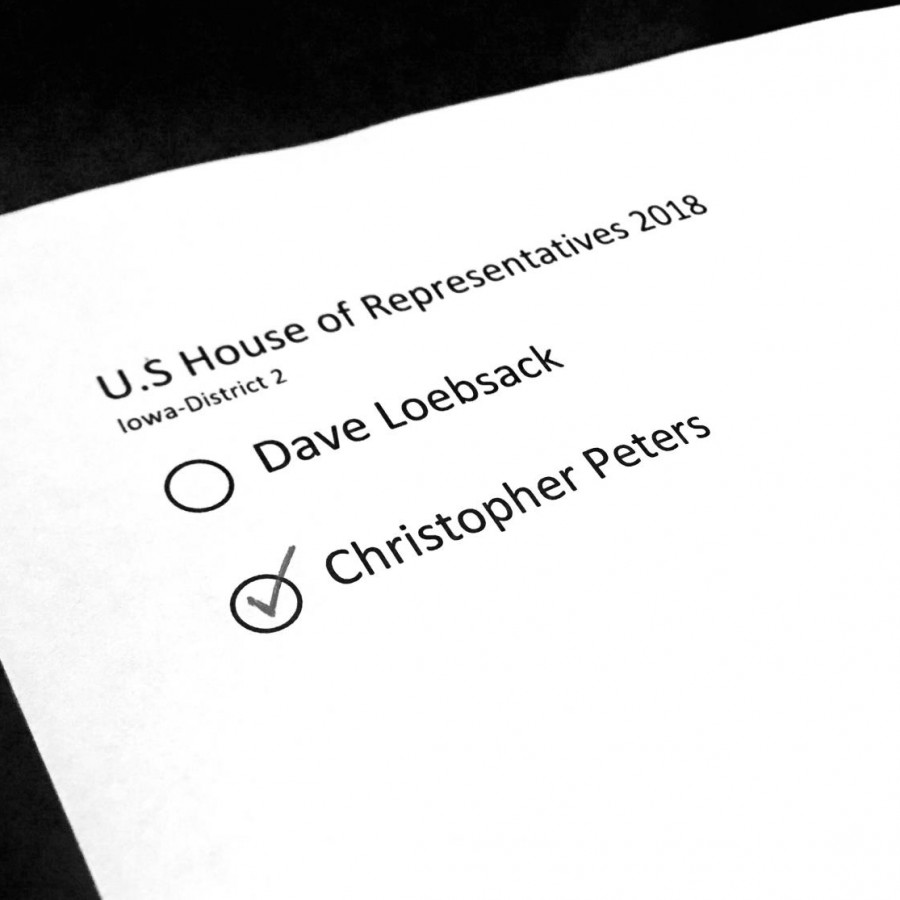Conservatism has a history of being an ideology filled with negating ideals — “Thou shalt not’s.” This combined with the rise of Trump has made it particularly hard to get a coherent idea for what Bill Buckley, founder of the National Review, jump started, Modern American Conservatism. There is no single “Conservative Manifesto” and there most likely never will be due the importance conservatives place on individuals, particularly their ability to make decisions for themselves, even political ones that don’t prescribe to an ideology. Attempting to help bring some order to chaos that is our current political situation, I’ve developed a short list of things a Modern Conservative should recognize as fundamental.
- Promote responsibility, duty, and community.
Rights have a dual nature, one that comes with responsibility, and solely promoting rights, as we have done since 1960’s, is a recipe for disaster. For example, the bearing of guns is a right, the responsibility that goes along with this right is to treat one’s gun with safety and respect. Likewise, the responsibility that comes with freedom of the press is to not only attempt to not lie, but also attempt to provide the truth in a way that one is not manipulating coverage to promote a certain agenda. Responsibility is not something the government enforces, but rather promoted by society and small community structures. This responsibility to community not only generates fundamental purpose for someone, but also has served as the reason for America’s prosperity. PTA’s, Rotary Clubs, City Council Meetings, and Churches are the environments where this sort of change takes place.
These Americans are the most peculiar people in the world. You’ll not believe it when I tell you how they behave. In a local community in their country, a citizen may conceive of some need [that] is not being met. What does he do? He goes across the street and discusses it with his neighbor. Then what happens? A committee begins functioning on behalf of that need. All of this is done by private citizens on their own initiative. The health of a democratic society may be measured by the quality of functions performed by private citizens – Alex de Tocqueville when he visited America in 1831
- Question radical change
When asking the question, “What is Conservatism?” one must then ask “What is it conserving?” The answer to that is the Western Tradition, which grew to prominence in the Enlightenment, a marriage of Greek reason and rationality with Judeo-Christian principle and morality.
Any sort of change exposes one to risk of what might be if the worst case scenario happens a result of the change. All change has this character due to uncertainty of the future. Change is necessary to maintain a society so that it doesn’t crumble in on itself, but a recognition that there is risk to change, a risk that might jeopardize our society, is necessary. Due to this uncertain future that change creates, and the reality that much change made by governments unintentionally makes things worse (like rent control), a Conservative concludes too much change is a bad thing, especially when such change is made in such a rapid manner that one can’t properly evaluate it.
- One should not apologize for Capitalism
Capitalism is based on a few core principles: scarcity exists, hierarchies of competence matter, one has a right to the benefits of his labor, different sorts of people make different choices and liberty. These things are not oppressive nor in dire need of fixing. The principles of hierarchies of competence and a right to the fruits of one’s labor are those principles which are most criticized, but also the same principles that have generated the largest amount of wealth for America. The Communist idea that “if one is successful, it is not due to his competence but rather because he cheated the system or stole from others” goes directly against this idea; however, one must merely ask those in favor equity and redistribution a simple question: Where will you go when you get cancer, the best doctor or the most equitable doctor? Those that are in favor of equity of outcome rather than equality of opportunity are doomed to poor, inefficient systems that provide neither equity of outcome nor equality of opportunity.
When men are free to trade, with reason and reality as their only arbiter, when no man may use physical force to extort the consent of another, it is the best product and the best judgment that win in every field of human endeavor, and raise the standard of living—and of thought—ever higher for all those who take part in mankind’s productive activity. – Ayn Rand
- A strong America means a strong world
It is clearly not America’s job to police the world and involve itself in every single conflict, however, certain responsibilities come with being the leader of the free world. The question must be asked why must America be the leader of the free world? Isn’t that pridefully nationalistic? This is a legitimate point, America shouldn’t bear all responsibility for the world, but one must only look at the 20th century and blood resulting from any other country assuming too much power and responsibility. It is a simple fact that there has been no other time of such growth, peace, prosperity, and liberty on earth than when America has been its leader.
The responsibilities that come with being leader of the free world are costly but things like championing the oppressed and promoting liberty must be done. As of now, no other country can be trusted to hold this mantle because the only countries that might have the power to maintain such a mantle, Russia and China coming to mind, do not promote liberty or values conducive to making a healthy world. Even a group of countries like U.N. can’t hold this mantle due to the U.N. failing in almost every attempted peacekeeping operation — only two successes come to mind, Sierra Leone in the early 2000s and Burundi later that decade.
— It also must be recognized that a peaceful social being is preferable to isolation or war. Isolation makes America fall behind, and war is bad for the obvious reasons.
“If I were doing the Security Council today, I’d have one permanent member, the United States, because that’s the real reflection of the distribution of power in the world.” – John Bolton
- Live in reality
Although the current political situation seems so unreal, Conservatives must still attempt to live in reality. This means that Conservatives judge proposed policies through a understanding the history of the attempted idea, and basic economic concepts like scarcity, while questioning whether or not government should even be doing such a policy. When a policy like universal healthcare is proposed, conservatives question not whether such a thing would be good for certain people, it most certainly would, but rather question is this something that has worked before? Will this policy realistically work in America? What are potential unseen consequences? Can we afford such a policy? And is this something a government guided by the constitution ought to be doing?
Let’s take universal housing as an example. A claim is made that everyone has the right to housing, preferably beach houses because that is the level of care one deserves. We are America after all and have plenty of rich people to foot the bill. A Conservative would look at this policy and say “Houses, unlike taxes to Bernie Sanders, are limited and if we made such a policy would there be enough houses to go around? Would builders want to build houses if they will be taken by the government and sold a cheap rate or could the government afford paying builders enough to build sufficient housing? Is it truly ones right to housing, even if he or she has done nothing for it, because it seems as though if one is attempting to take the fruits of another person’s labor, call it his own and profit off it — isn’t this called stealing?”
This same process goes with concepts like socialism and communism. No matter whether or not one attaches the prefix “democratic” to a concept like socialism, one must look at its bloody history to see that reality matters when it comes to “good in theory.” Playing the no real scotsman argument is not justification for a poor system in theory and a disastrous one in practice. In short, reality matters especially when it comes to those that have to deal with the repercussions of policies not thought of in reality (those people being everyone).
““Reality does not go away when it is ignored.” – Thomas Sowell
— but what about Lenin? Wasn’t he a good man and Stalin was the one that screwed up communism? No one must merely look at the process of Dekulakization in the Ukraine and the people Lenin kept as company, people like Stalin, to know that Lenin was a monster.
- Language matters
No matter how popular it may be to say there is no war on christmas or that Conservatives are making a fuss for reason, the language that a society uses uniquely matters. For all I dislike about postmodernism, a central postmodern claim is that language matters. One must give the devil its due, and this idea is correct. Language does matter. The English language, the words we use everyday, uniquely matter because they are result of years of evolution and have a rich history. This means that one cannot go about simply changing definitions to fit one’s world view. This is especially relevant to militant leftist thought originating from the social sciences and humanities.
C.S. Lewis put it best in the Screwtape letters
“ Jargon, not argument, is your best ally in keeping him from the Church. Don’t waste time trying to make him think that materialism is true! Make him think it is strong or stark or courageous—that it is the philosophy of the future. That’s the sort of thing he cares about.”
When conservatives give up in the fight surrounding language, they give up the very thing they will be using when attempting to sort out issues and confronting bad ideas. This is not to say Conservatives focus their efforts a small number of recently highly politicized issues, but rather that Conservatives have a foundation that they then seek to follow in society and some things that might be considered trivial do actually matter.
- A small effective constitutional government is preferable to a large government
The government’s job is not one of providing for or helping vast groups of people. This is not an argument against welfare and unemployment in the short term, but rather a definition of the duty of government. Our government’s duty is clearly defined in the constitution, a purposefully limiting document. This is in direct contrast to the bill of rights, a purposefully open document. This duty is to maintain an environment where your rights are not infringed upon by others, not one to make sure you succeed.
A too large government can find itself with a number of issues due to its size: inefficiency, corruption, and inaction being some these issues. A small government might run into similar problems but the scope of such issues matters and a government with fewer and smaller fires to put out is one far easier to manage. In addition, the relationship between government and the individual is an oftentimes adverse one where as government power increases, individual power recedes.
““Nobody spends somebody else’s money as carefully as he spends his own. Nobody uses somebody else’s resources as carefully as he uses his own. So if you want efficiency and effectiveness, if you want knowledge to be properly utilized, you have to do it through the means of private property.” – Milton Friedman
I don’t claim that this list is comprehensive, final, or perfect; this is just an attempt to get my thoughts on paper.














